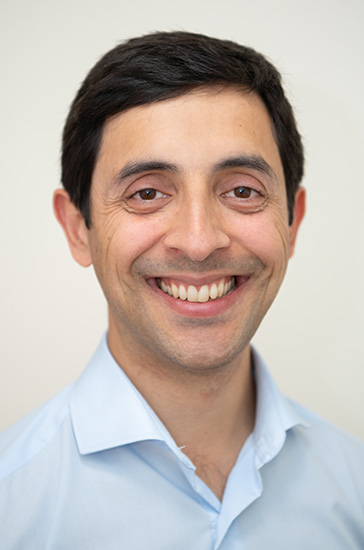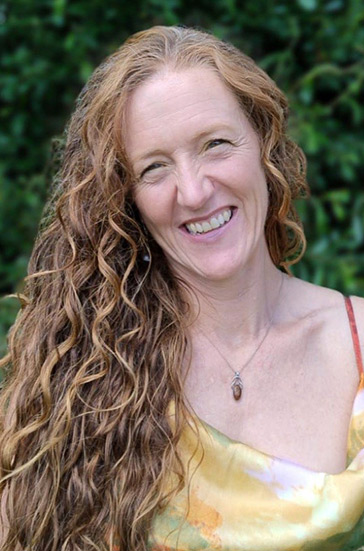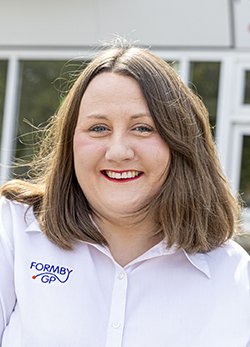
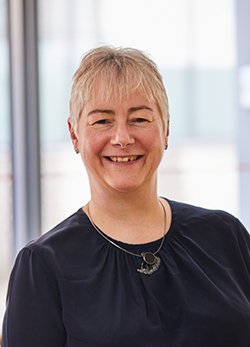
Big Interview: The Authentic Academician
A radical approach by one of the country’s newest medical schools is already reaping rich rewards, says its founder and Head, GP Scott Wilkes
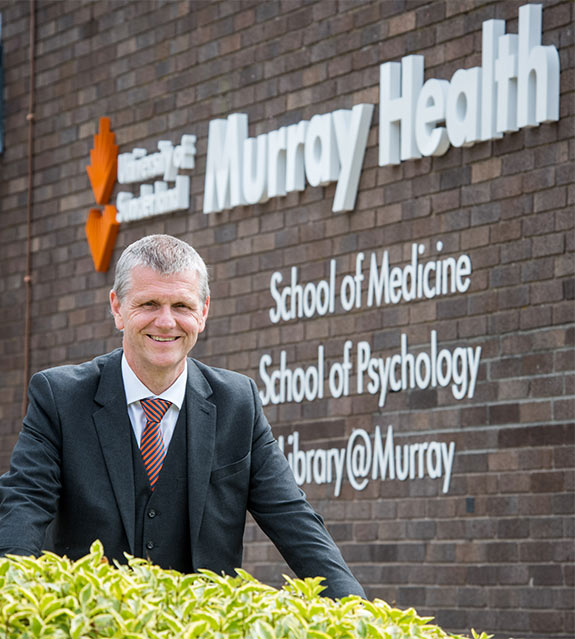
When former Health Secretary Jeremy Hunt wrote to universities to set out his plans for new medical schools to make medicine more accessible, Professor Scott Wilkes, a GP with a research role at the University of Sunderland, saw a fantastic opportunity. With a lot of work they could absolutely do this, he told his Vice Chancellor.
With the second cohort of medical students at Sunderland having recently taken their exams – and 99% of them passing the national Applied Knowledge Test first time – the vision set out by Professor Wilkes in front of the GMC a few short years ago has certainly been realised. His goal was to make medicine accessible to those who have talent but lacked the opportunity. He wanted a key focus on generalism and to produce socially responsible doctors.
They seem to have done just that with the latest figures showing 40% of the students are local, 30% are from widening participation backgrounds, 80% are from state schools, and 50% are from ethnic minorities.
Health services in the region were keen to partner with the new school as a way to address recruitment problems. And Professor Wilkes purposely chose to partner with Keele University who had a strong focus on generalist teaching and also came out top in the National Student Survey.
“I'm one of a handful of GPs who lead medical schools in the UK, which is not enough. It really isn't. We deliver 95% of the daily consultations in the NHS on 8% of the budget and if you don’t get general practice right the NHS doesn’t work.”
As well as curriculum design, one of the ways the medical school aims to produce a high proportion of doctors who might choose to go on to work in general practice is by “genuine exposure”. It has the biggest GP placement curriculum in the country and in every year students have experience of working in general practice. There is no mandated types of illness they have to see, while they’re there. Their experience is simply seeing whatever comes through the door. By their final year, they’re doing 10 weeks in a GP surgery.
Not only has this proved popular with students, they also have a waiting list of GP practices wanting to offer placements. “We are completely bucking the trend. I think word gets around. It's about leadership of the institution and philosophy.”
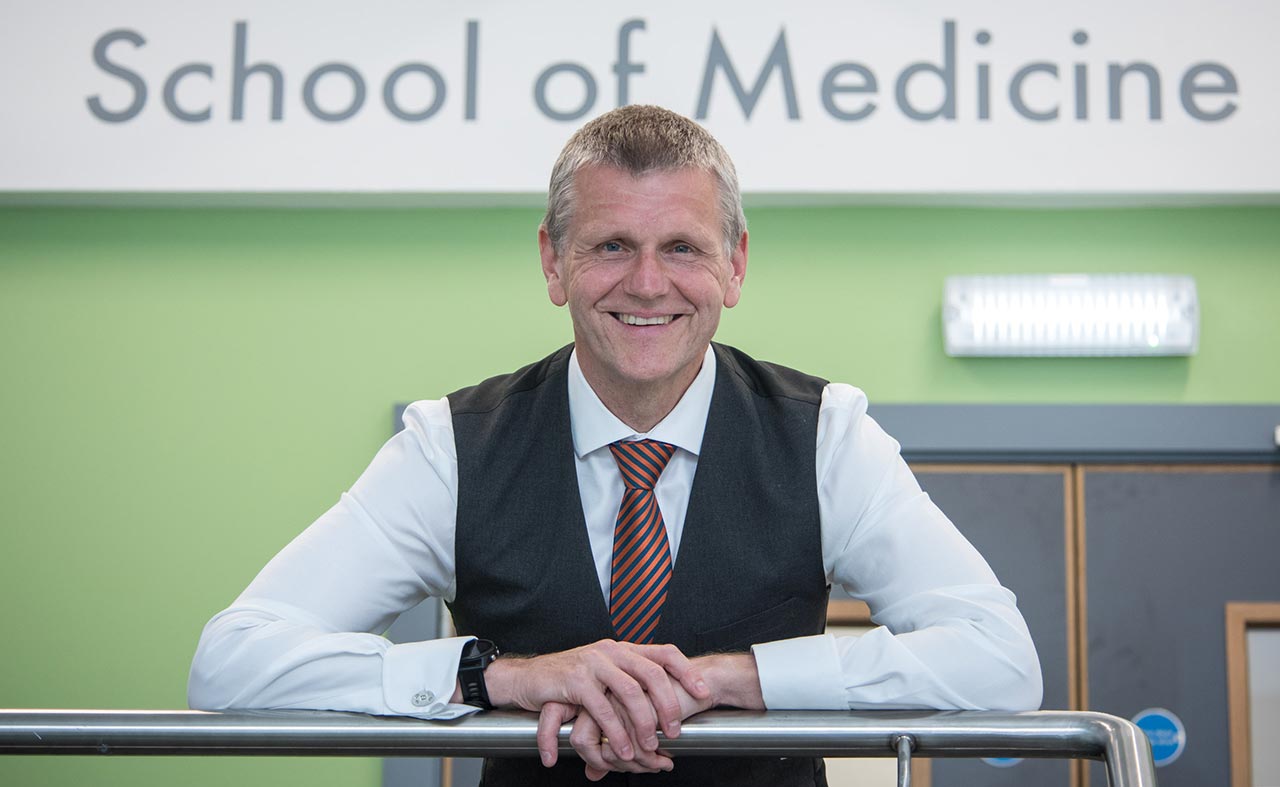
He knows from firsthand experience of the difference that exposure can make in choosing a career. After first opting for orthopaedic surgery but quickly realising that was not the best option for someone who wanted a life outside of work, Professor Wilkes thought back to the four-week GP placement he had while a student at Leeds University.
“I was put into a practice in Cumbria for four weeks, and I stayed with his family. I loved that work environment, the patients, and his lifestyle. The other thing I reflected on was my own GP, who looked after me when I was a teenager with acne. He was an absolute hero, because he gave me my confidence back when I felt like I was the ugliest person in the world. What a power and responsibility to have.”
He describes his trajectory from there to now as one big happy accident. After the first few years of GP, he moved into also doing research eventually leading on the establishment of the National Institute for Health Research GP Research Network, in the North East of England. These days his week is one session as a GP, which he says keeps him grounded, three days leading the medical school and one and a half days doing research.
At 57, he says he “absolutely loves” his career but also works hard to get a good work-life balance. He plays golf, regularly walks Wainwright mountains in the Lake District and Scottish Munros with his wife and enters running events with his three grown up children. In the winter you may find him repairing grandfather clocks.
He’s enormously proud of how far the medical school has come in a short space of time. The latest National Student Survey ranked Sunderland first of all 39 medical schools for academic support and fifth overall. They are moving from an intake of 100 to 117 in 2025 with an ambition to grow further.
“I couldn't have done any of this without the support of loads of people, which includes the wonderful university staff and leaders, NHS England, Trust colleagues, but also Professors Andrew Hassell and Peter Coventry at Keele Medical School.” He also credits his (now retired) mentor Dr Paul Creighton, who was his GP senior partner. “I owe him a lot and we still meet for a beer every six months.”
Read more
Thank you for your feedback. Your response will help improve this page.
